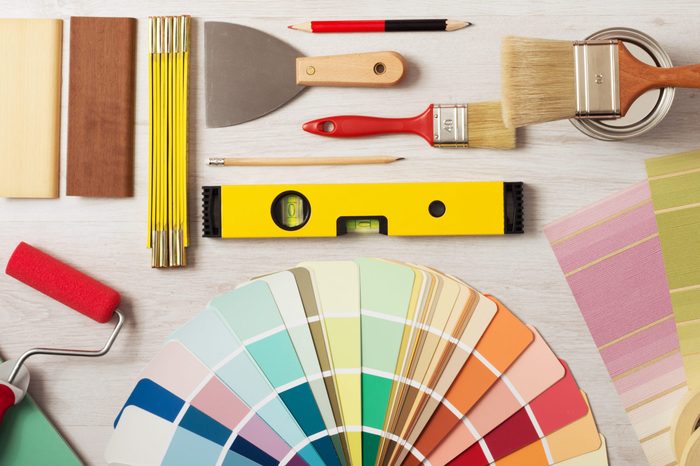
Why did you do that?!
Every day, real estate agents come upon cringe-worthy things homeowners have done to their homes. Leopard-print fabric wallpaper in the bedroom—yep. DIY electrical repairs—shockingly true. Sure, it’s your castle, and you can decorate or DIY to your heart’s content, as well as skip certain projects you just don’t think are important. But there are some smart reasons why real estate agents wouldn’t do the following things to their own homes.
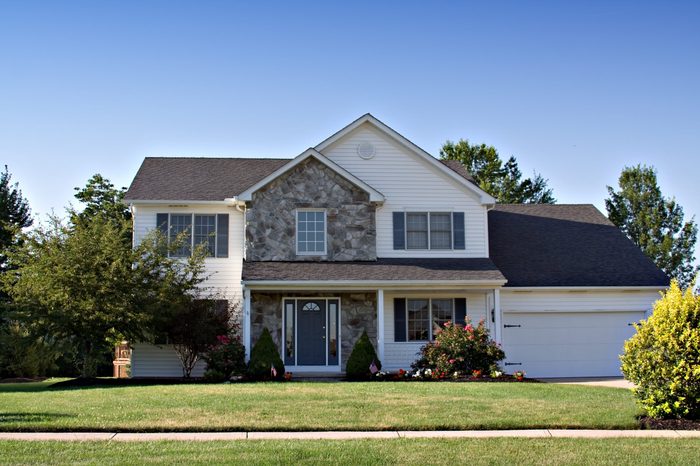
Ignoring curb appeal
You worked for months on the interior of your home, and now that it’s HGTV-worthy, you’re too tired and uninspired to care about the shabby lawn and cracked walkway. Shake off the sawdust and swap out your tool belt for some gardening tools. “It pays to hire a professional to get some advice to ‘stage’ your yard, too,” says Kelly Parks, real estate broker and owner of Paris Gibson Realty in Montana. “A bonus is that while you live there, you will also love it.” While you’re in home-improvement mode, try these 13 home projects that practically pay for themselves.
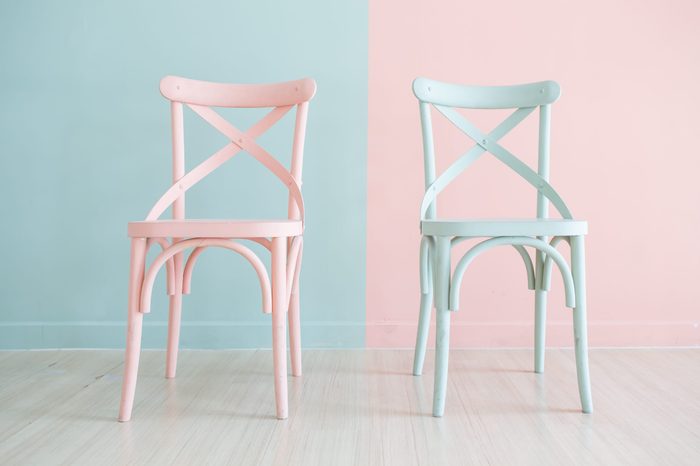
Painting in pastels
Baby blue and millennial candy pink are lovely and soothing, but they don’t translate well on the face of the home. “Curb appeal is very important, whether your home is on the market or not,” says Leneiva Head, owner of Welcome Home Realty in Tennessee. “You always want your home to feel welcoming.” And don’t forget the front door. It’s part of the all-important first impression. Here are some other exterior painting tips that could boost your home’s value.

Planting trees too close to the house
Leafy trees, flowering bushes, and colorful perennials instantly add a welcoming and homey touch to that all-important curb appeal, but if you plant trees too close to the house, you might regret it down the road. Trees with long root systems can uproot the ground and your budget, and large limbs can fall on the roof or damage siding. “Roots over time can damage underground plumbing, foundation, and driveways,” explains realtor Maya Madison, CEO of Merry Maison in Metairie, Louisiana. “It may look nice at first, but when you go to sell it in a few years, those roots will cause very expensive damage.”

Going overboard with landscaping
Elaborate landscaping—such as charming water features, immaculate perennial gardens, and ivy-covered trellises—might create your dream oasis, but it might turn off someone without a green thumb. “The problem comes into play when you decide to sell the home,” says Head. “The next person may find the thought of maintaining it a bit overwhelming and consider another home instead.” Expensive upgrades may give you the house and garden of your dreams, but when it comes to resale value, these are the upgrades you should skip.

Over-customizing
A house is transformed into a home-sweet-home when you add personal touches, but if you’re thinking about selling your house down the road, you might want to rethink going all-in with your favorite motif. Melanie Everett, managing broker and founder of Melanie Everett & Company in Chicago, loves animal prints, but she’s not going to wallpaper her house with it. “I opted to buy some beautiful pillows instead,” she says. “Plus, I can take these with me to my next home, and I don’t have to worry about overwhelming a potential buyer.”

Using loud and bold colors
Hey, it’s your house, and if you want to paint your living room blood red and your kitchen pumpkin orange, go for it. But real estate agents would rather dip their paintbrushes into neutral colors. “There is a reason real estate agents and house flippers use neutral colors—they appeal to larger audiences,” says Parks. She also advises against wallpaper. There’s a slim chance a buyer will like it, and most buyers will take one look and think of the cost and labor to remove it.
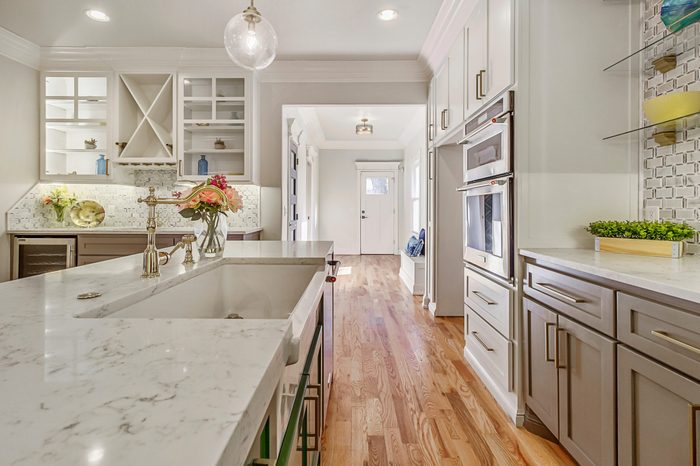
Not getting your home regularly inspected
It’s standard procedure to schedule a home inspection so repairs or maintenance issues are addressed before listing. But real estate agents get home inspections even if they aren’t selling their house. “I have a home inspection every few years, even though I am not selling my house because it keeps me up to date on repairs,” says Parks. “It also alerts me to any deficiencies that are new that I need to take care of because I can’t climb on the roof or might not notice a leak. This information is really valuable because it saves me tons of money by making repairs before they cause extensive damage.” You’ll cringe when you see the craziest things ever found during home inspections.
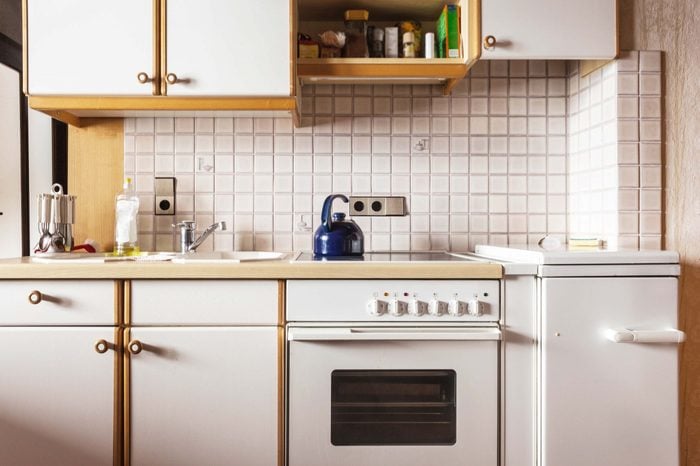
Investing too much money in upgrades
Everett would never spend all her money on expensive upgrades without first looking at the comps of other houses in her area. “I would pick and choose the upgrades I think will bring the most return—maybe just the kitchen, since buyers love new kitchens,” she says. Some of the upgrade decisions are easier to make than others, like replacing outdated appliances. “That is a small expense that makes a big difference,” she explains. Here are some other inexpensive home improvement ideas—all under $200—that make a big impact.

Hiring non-licensed contractors
It’s probably not a big deal to DIY a loose floorboard or hire your cousin to install a ceiling fan, but when it comes to the major housing components like plumbing and electrical, you should hire licensed, bonded contractors and possibly get permits. “This is very important because real estate agents know the value of being able to say that a licensed contractor or expert did the work and the permits are on file with the city,” says Parks. “This gives a potential buyer peace of mind, knowing that things are right, and the same is true when they go to sell the house later.” Of course, just because someone is an expert, doesn’t mean he or she is the right expert for you. Here’s what you need to know before you hire a contractor.
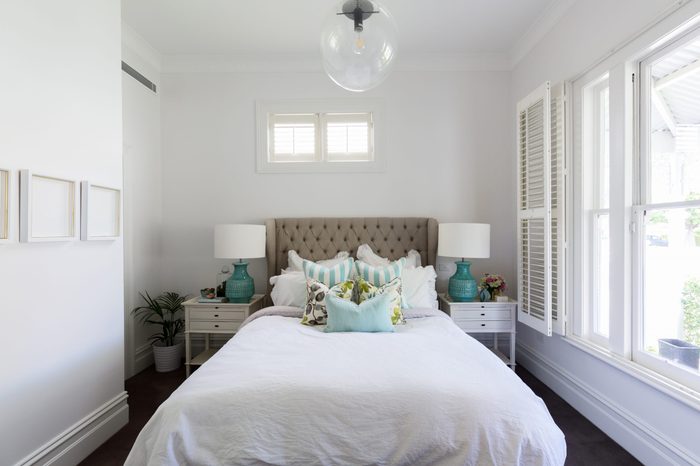
Removing a bedroom
The kids have finally flown the coop, and you have an extra bedroom you don’t need. That spa-like master ensuite is about to become a reality as soon as you remove the walls. But is it something a real estate agent would do? Not a chance. “You may not need the extra bedroom, but future buyers may,” says Madison. Not only does removing a bedroom lower your home value in comparison to other homes with similar square footage, but it also takes you off potential buyers’ shortlists. This is especially true if your house is located in a family-oriented neighborhood, where an extra bedroom can make or break a deal.
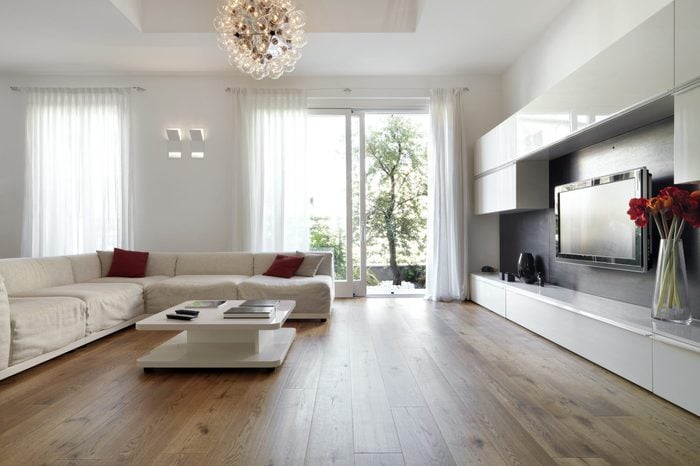
Installing mismatched flooring
It’s all about continuity—a seamless flow from one room to the next. Head says living with mismatched flooring, whether it is tile, carpeting, or hardwoods, might not seem like a big deal in your day-to-day life, but when you decide to sell, it becomes a glaring eyesore. “Transitions from one room to the next should be uniform. If not, you could lose a potential buyer because they may feel like there’s too much work to be done to make the flooring look uniform,” says Head. HGTV’s Ben and Erin Napier would never install mismatched flooring or make these other renovation mistakes.
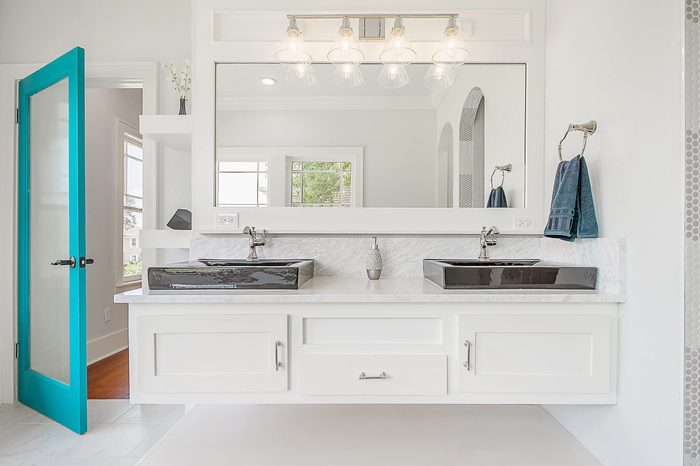
Splurging on custom kitchens and baths
“Bathrooms and kitchens sell houses because they are the most costly and troublesome to renovate,” says Parks. However, if you splurge on custom finishes, lighting, tile, and other housing components that are too custom for the majority of people, you’re not likely to recoup your money. “Figure out a reasonable budget for your kitchen and/or bath that will add value, not exceed the return and cost you money in the end,” she advises. On the other hand, these 31 home improvements could double the value of your home.
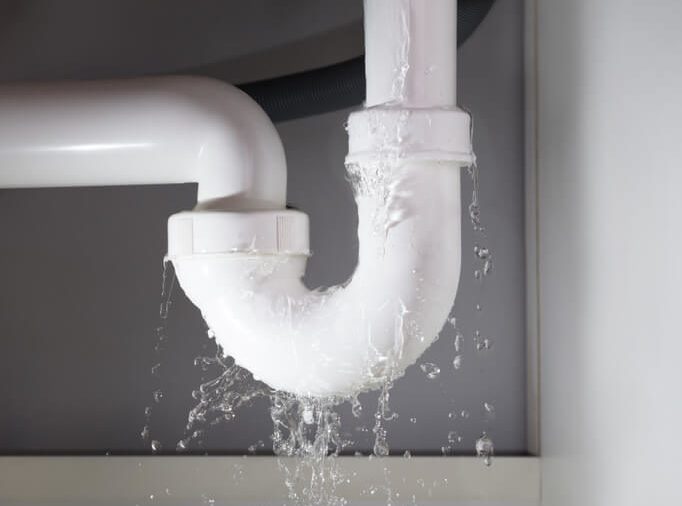
Neglecting repairs
We’re all guilty of it from time to time—putting off repairs until you’re a month away from hosting a big party or waiting till the furnace completely stops running to call a service technician. Real estate agents address problem areas straight away for two reasons. One, neglected areas in the home are unattractive. And two, they become expensive to repair when left unattended. Comb this list for other sneaky ways your home is draining your bank account.
